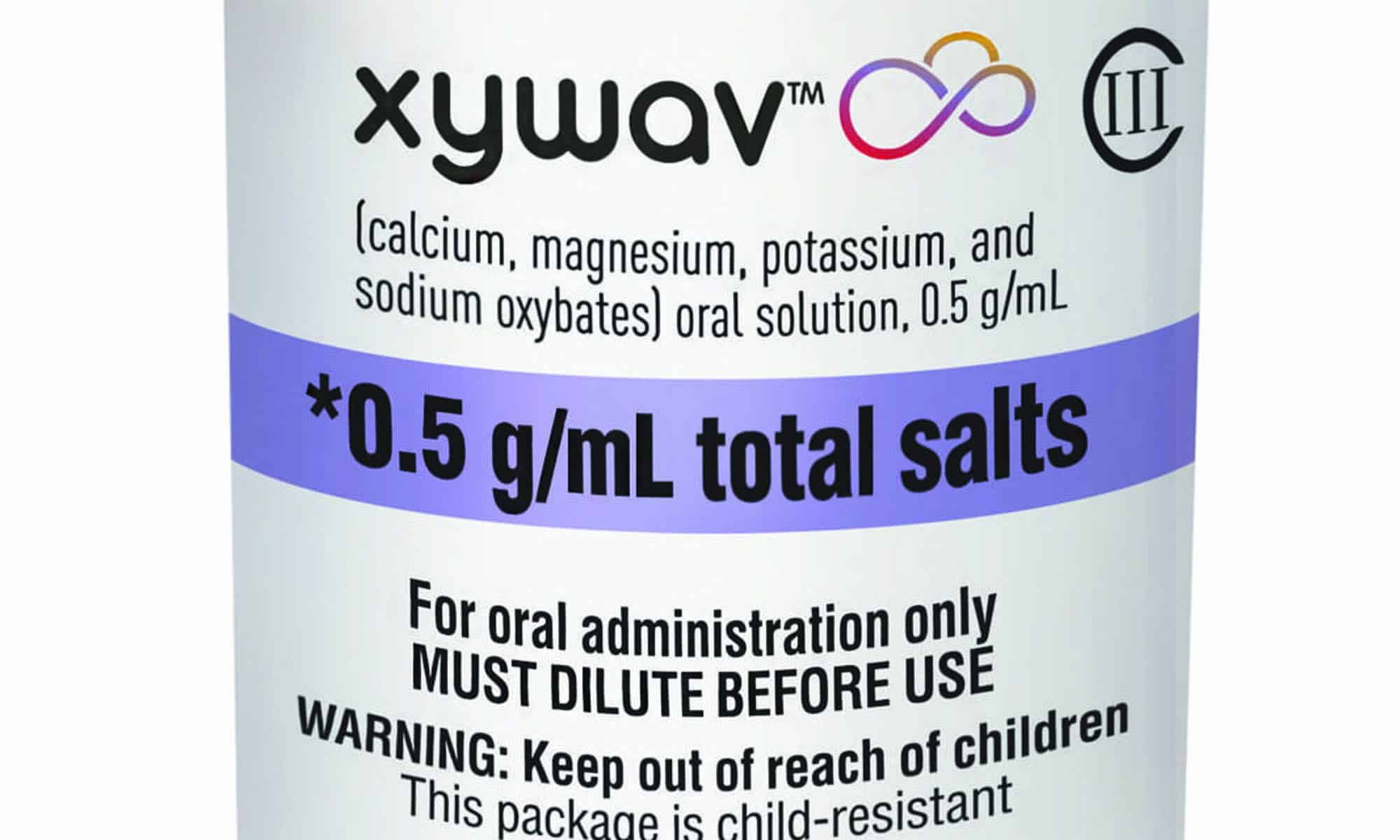Can You Take Xywav and Modafinil Together? What the Research Says
Managing narcolepsy and idiopathic hypersomnia often calls for a layered treatment plan. Xywav® (low-sodium oxybate) and modafinil (Provigil®) are two of the medications commonly used in that plan, and their roles naturally lead many patients and clinicians to ask how the two fit together, as well as the advantages and risks of pairing them.
>> Looking to Buy Modafinil Online? Get it here for less than $1 per pill!
What Are Xywav and Modafinil?
Xywav (Low-Sodium Oxybate)
Xywav contains a mixture of calcium, magnesium, potassium, and sodium oxybates. It is FDA-approved for the treatment of cataplexy and EDS in narcolepsy, and for idiopathic hypersomnia in adults (Heo, 2022). Compared with sodium oxybate (Xyrem®), it has 92% less sodium, reducing concerns about cardiovascular risk in long-term use (Schneider et al., 2023).
Modafinil (Provigil)
Modafinil is a non-amphetamine stimulant that promotes wakefulness. It is FDA-approved for EDS associated with narcolepsy, obstructive sleep apnea, and shift work disorder (U.S. Food and Drug Administration, 2015). Unlike Xywav, it does not treat cataplexy, a hallmark symptom of narcolepsy type 1 (Greenblatt & Adams, 2023).
Can They Be Taken Together?
Evidence from Clinical Trials
A phase 3 randomized trial evaluated sodium oxybate, modafinil, and the two in combination. Results showed that:
- Sodium oxybate alone and sodium oxybate plus modafinil both significantly improved scores on the Epworth Sleepiness Scale and Maintenance of Wakefulness Test compared with placebo.
- The combination therapy produced the greatest improvement in some measures of wakefulness (Black et al., 2016).
This suggests that using both medications together may provide additive benefits, especially for patients whose EDS is not fully managed by a single drug.
Safety Considerations
- Reported side effects with combined therapy included nausea, dizziness, and tremor, which were more common than with either medication alone (Black et al., 2016).
- Both medications carry important warnings:
- Xywav: Risk of CNS depression, misuse, and need for restricted distribution (Heo, 2022).
- Modafinil: Rare but serious skin reactions, psychiatric effects, and cardiovascular concerns in predisposed patients (U.S. Food and Drug Administration, 2015).
Therefore, while combination therapy is sometimes used, it requires careful monitoring by a healthcare professional.
When Might Combination Therapy Be Considered?
- Persistent EDS despite monotherapy: Some patients continue to feel excessively sleepy even on Xywav or modafinil alone.
- Coexisting cataplexy: Xywav covers cataplexy, while modafinil can boost daytime wakefulness.
- Quality of life concerns: Studies suggest improvements in functioning and well-being when symptoms are better controlled (Schneider et al., 2023).
Practical Takeaways for Patients
- Do not combine on your own: Always consult your sleep specialist before making changes.
- Expect dose adjustments: Physicians may need to titrate carefully to balance benefits with side effects.
- Lifestyle support matters: Good sleep hygiene, structured routines, and support therapies can enhance the effectiveness of medications.
Conclusion
Research indicates that Xywav and modafinil can be taken together under medical supervision, and doing so may provide added relief from excessive daytime sleepiness. However, combination use may also increase the risk of side effects. The decision should always be personalized, weighing symptom burden, safety, and patient preference in consultation with a qualified sleep medicine provider.
References
- U.S. Food and Drug Administration. (2015). PROVIGIL® (modafinil) tablets, for oral use, C-IV [prescribing information]. U.S. Department of Health and Human Services. https://www.accessdata.fda.gov/drugsatfda_docs/label/2015/020717s037s038lbl.pdf
- Greenblatt, K., & Adams, N. (2023). Modafinil. In StatPearls. StatPearls Publishing. https://www.ncbi.nlm.nih.gov/books/NBK531476/
- Heo, Y. A. (2022). Calcium, magnesium, potassium and sodium oxybates (Xywav®) in sleep disorders: A profile of its use. CNS Drugs, 36(5), 541–549. https://doi.org/10.1007/s40263-022-00912-6
- Schneider, L. D., Morse, A. M., Strunc, M. J., Lee-Iannotti, J. K., & Bogan, R. K. (2023). Long-term treatment of narcolepsy and idiopathic hypersomnia with low-sodium oxybate. Nature and Science of Sleep, 15, 663–675. https://doi.org/10.2147/NSS.S412793
- Black, J., Swick, T., Bogan, R., Lai, C., & Carter, L. P. (2016). Impact of sodium oxybate, modafinil, and combination treatment on excessive daytime sleepiness in patients who have narcolepsy with or without cataplexy. Sleep Medicine, 24, 57–62. https://doi.org/10.1016/j.sleep.2016.07.010








